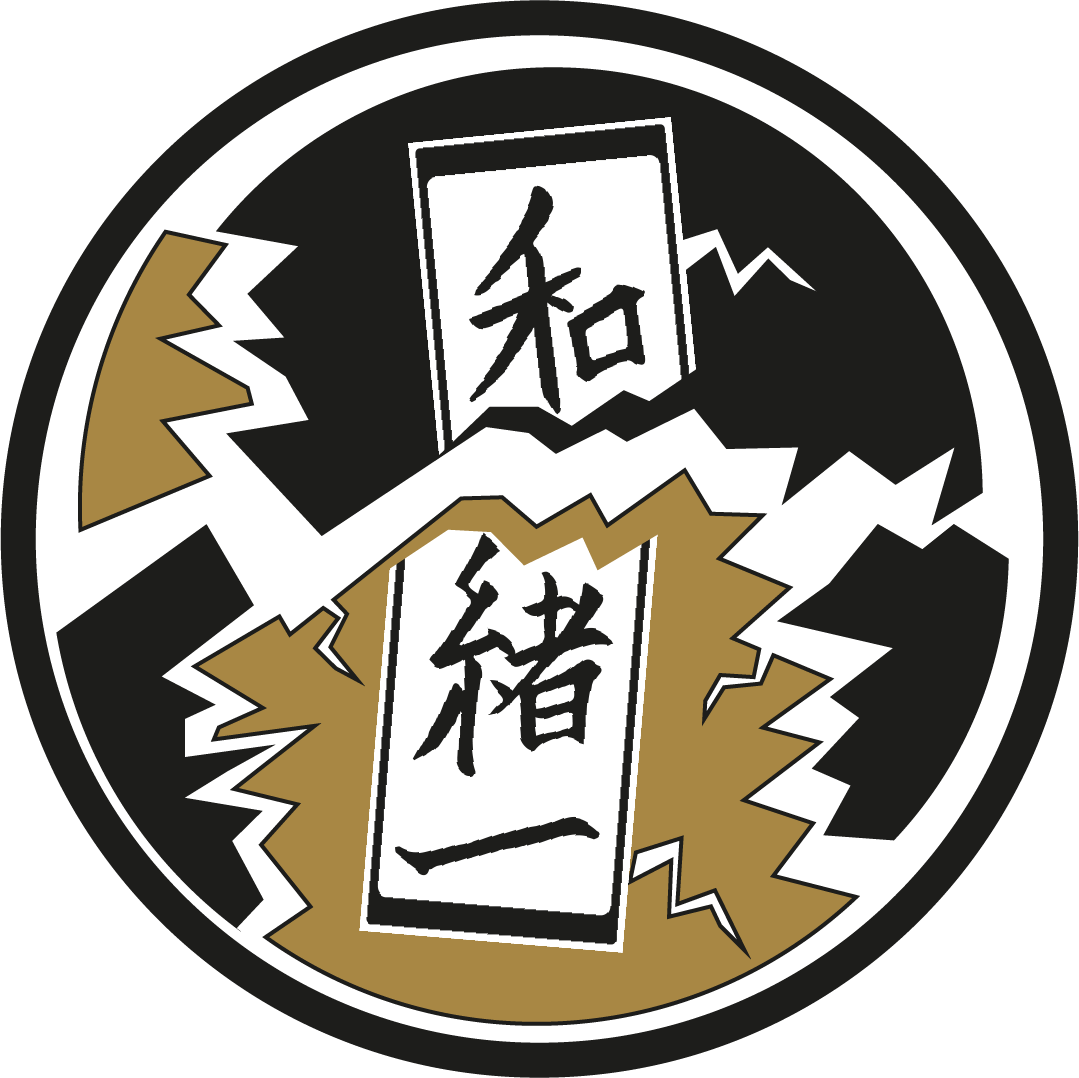So You Think You Can Count?
While in English counting things is quite easy. It does not matter if you see 2 dogs, spoons, or books – you will always say there are ‘two’ of them. However, in Japan the topic is more complicated: there are nihiki 二匹 dogs, but nihon 二本 spoons and nisatsu 二冊 books. Why? Because Japanese has a specific word category of counters josūshi 助数詞 , which differ depending on what you are talking about. They act as suffixes added to the usual numerals (1 ichi, 2 ni, 3 san…). The gist of it is simple, but the difficult part is knowing which ones apply to which types of nouns. Also, there are numerous phonetic changes involved, so the pronunciation might be different depending on the number.
Here are some of the most common counters used:
-hiki 匹 for small animals, such as hamsters, rabbits or dogs. (1 ippiki, 2 nihiki, 3 sanbiki…)
-tō 頭 for big animals, such as cows, horses, elephants. (1 ittō, 2 nitō, 3 santō…)
-satsu 冊 for books. (1 issatsu, 2 nisatsu, 3 sansatsu…)
-dai 台 for cars, machines. (1 ichidai, 2 nidai, 3 sandai…)
-hon 本 for long, thin objects, such as spoons or pencils, but also roads or rivers. (1 ippon, 2 nihon, 3 sanbon…)
-ko 個 for small, often round objects, such as an apple or a stone. (1 ikko, 2 niko, 3 sanko…)
-mai 枚 for flat objects, such a piece of paper. (1 ichimai, 2 nimai, 3 sanmai…)
So, you could say, for example, kyō, kawaii inu wo nihiki mite, meccha shiawase 今日、かわいい犬を二匹見て、めっちゃ幸せ – ‘I saw two cute dogs today, I am super happy’. But if they were hippopotamuses (or hippopotami), you might say kaba wo nitō mite, omoshirokatta 河馬を二頭見て、面白かった – ‘I saw two hippos, it was interesting’.
Other than that, there are numerous counters for all types of categories, which even the Japanese often do not use. For example, umbrellas and tents are counted with -hari 張, pills are counted with -jō 錠, and pieces of the nigiri type of sushi are counted with -kan 貫.
You could compare the phenomenon of Japanese numerals to the collective nouns in English. For example, you might have heard that a group of cows is ‘a herd’ and a group of birds is ‘a flock’. However, perhaps you have not realised there is also ‘a school of fish’, ‘a murder of crows’ or ‘a pride of lions’, as well as ‘a party of rainbow fish’, ‘a blessing of unicorns’, and many many others.
How do people get away with not knowing all the Japanese counters? There is a shortcut for those in need – a universal way of counting things that is valid no matter what you are talking about: the counter -tsu (1 hitotsu, 2 futatsu, 3 mittsu…). However, it would feel weird if you use it with something that has a commonly known counter, so while saying there are mittsu umbrellas will not raise any eyebrows, mittsu dogs is a last resort.
Written by AL

